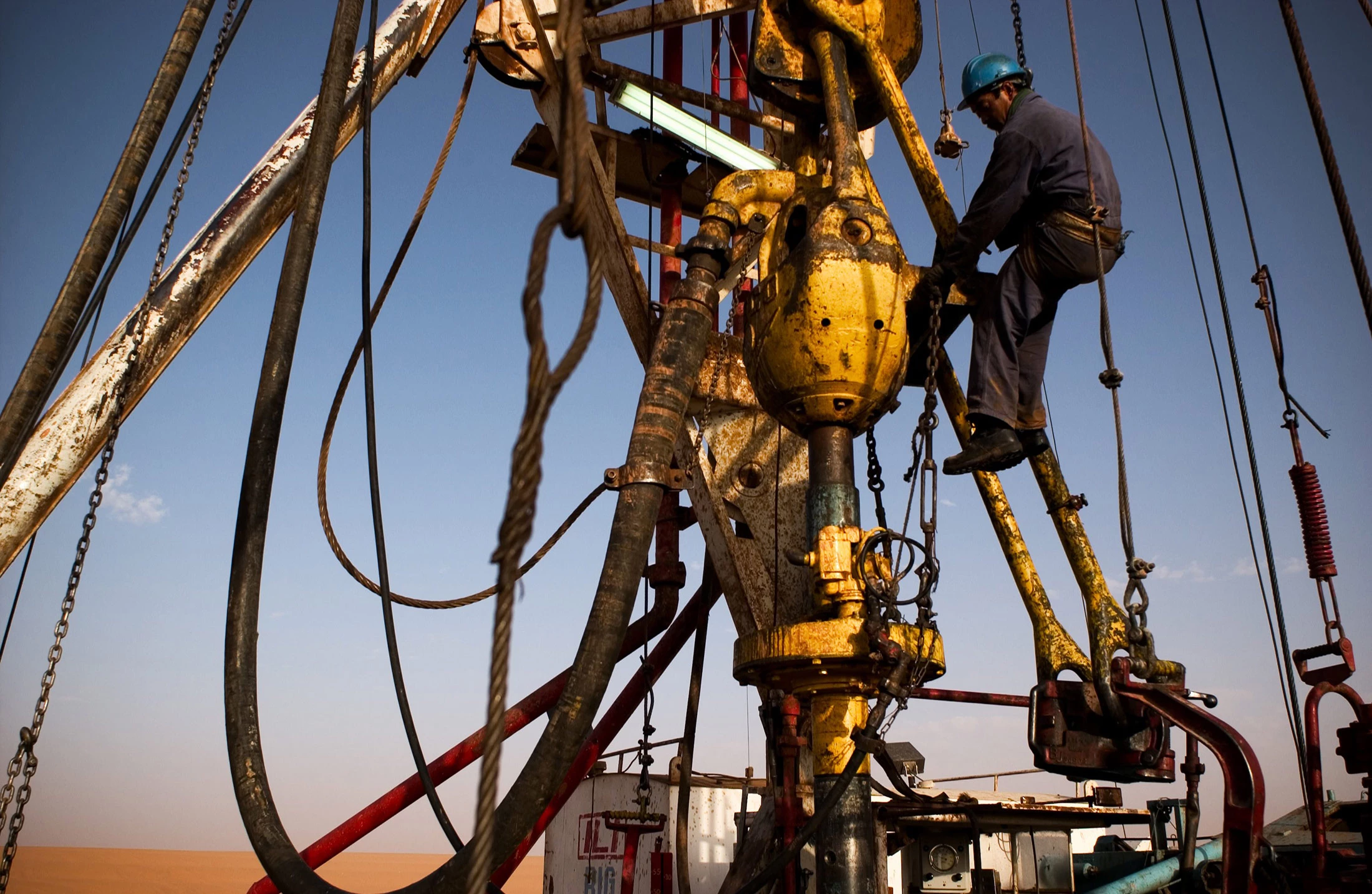Libya's state-owned energy firm said Sunday production had resumed at Al-Sharara oilfield, which provides a quarter of the country's daily oil output, two weeks after protests led to a shutdown.
The National Oil Corporation (NOC) announced the "lifting of force majeure" and the resumption of "full production" at Al-Sharara, which normally produces up to 315,000 barrels per day.
The NOC on January 7 declared "force majeure" at the southwestern oilfield "due to the closure of the site by protesters".
It did not elaborate at the time on the protesters' demands.
Repeated interruptions in crude production in the war-torn North African country have been caused by social and political protests amid clashes between rival factions.
A local group in Oubari region, "Fezzan Gathering", announced earlier on Sunday they had reached an agreement with the NOC to end their protest action at Al-Sharara.
"In an agreement with the president of the NOC, in which he vowed to concede to our demands... we announce the suspension of our sit-in at the Al-Sharara field," a representative of the group said in a Facebook video.
Both the NOC and "Fezzan Gathering" did not share the details of the accord.
According to the protest group, they have received "guarantees" from military strongman Khalifa Haftar, who backs one of Libya's two rival administrations.
Declaring "force majeure" allows parties to free themselves from contractual obligations when factors such as fighting or natural disasters make meeting them impossible.
Libya sits on Africa's largest oil reserves but production has been frequently disrupted during over a decade of chaos since a NATO-backed uprising led to the ouster and killing of former dictator Moamer Kadhafi in 2011.
Libya remains split between a UN-recognised government in the west and an eastern-based administration backed by Haftar.
Oil revenues are vital to the economy, and the NOC is one of the few institutions in the troubled country to have stayed in one piece.
The Al-Sharara field, in the desert 900 kilometres (560 miles) south of Tripoli, is operated by a joint venture between the NOC and four European companies.


